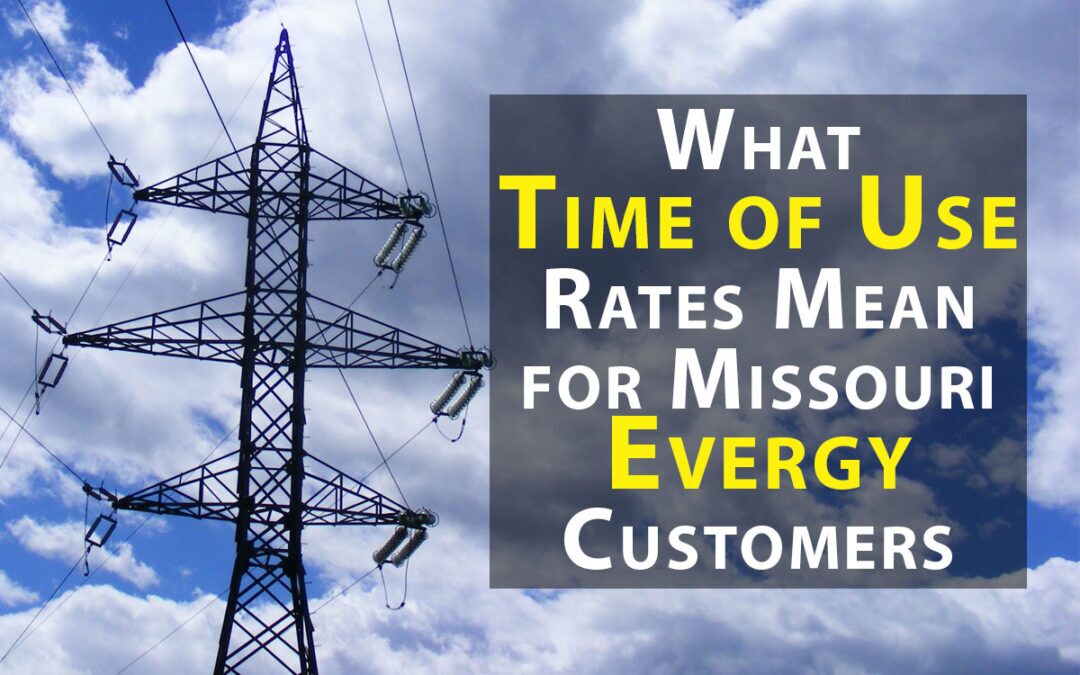Instead of being charged only for how much energy is used, customers will be charged more or less money per kilowatt depending on what time of the day they use the energy.
There are four plans to choose from:
Standard Peak Saver (The Default Plan)
Peak Reward Saver
Nights and Weekends Saver
Nights and Weekends Max Saver
Although there are differences with each plan, they all share “Peak Time” charges. Between the times of 4 p.m. and 8 p.m. electricity will sometimes cost more.
Standard Peak Saver
(Customers who do not choose a plan before October will be enrolled in this plan by default)
Peak Time: 4-8 p.m. on weekdays during June-September
During the summer months from 4-8 p.m. the price of electricity will spike from $0.09 to $0.38 per kilowatt hour (kWh).
If a Standard Peak Saver customer runs a major appliance, such as an oven or air conditioner, at 6 p.m. on a Wednesday in July, it will cost more than if they ran that same appliance at 3:30 p.m. (not during Peak Time), on a Saturday (not a weekday), or in December (not a summer month). Learn more about this plan on Evergy’s website.
Peak Reward Saver
Peak Time: 4-8 p.m. during June-September (1 cent increase) and October-May (¼ cent increase)
Off-Peak Time: Midnight – 6 a.m. every day (there is always a 1 cent Off-Peak discount/credit regardless of season)
Pricing during the summer months begins at $0.14 per kWh for the first 1000 kilowatt hours used each month. After the initial 1000 kWh have been used, the price increases to $0.15 per kWh.
During the winter months, Evergy will charge $0.12 for the first 600 kWh hours used. The price then drops to $0.07 per kWh for the next 400 kWh hours used. The price decreases again to a rate of $0.06 per kWh for the next 1,00 kWh hours used.
If a Peak Reward Saver customer runs a major appliance, such as a dishwasher or dryer, at 6 p.m. in July, it will cost more than if they ran that same appliance at 3:30 p.m. (not during a Peak Time), at 4:00 a.m. (during the Off-Peak Time), or in November (winter months are only a ¼ cent Peak-Time increase instead of a 1 cent increase).
Weekdays and weekends do not matter for the Peak Reward Saver plan. Customers of this plan will want to minimize their usage of large appliances during Peak Time in the summer because that will be the most expensive time to consume electricity. Unlike the Standard plan, customers have a much cheaper rate between midnight and 6 a.m. which, if utilized, will save money. Learn more about this plan on Evergy’s website.
Nights and Weekends Saver
Peak Time: 4-8 p.m. on weekdays
Off-Peak Time: Midnight – 6 a.m. every day
During peak energy usage times, Evergy customers will be charged $0.33 per kWh in the summer months and $0.27 per kWh in the winter months.
If a Nights and Weekends Saver customer runs a major appliance, such as a dishwasher or air conditioner, at 6:30 p.m. on a Monday, it will cost more than if they ran that same appliance at 9:30 p.m. (not during a Peak Time) or on a Sunday (not a weekday).
Summer and winter do not matter for this plan. As with the Peak Reward Saver plan, it will be much cheaper to avoid using electricity during Peak Times and to run major appliances during the Off-Peak Time when rates are cheaper. Also, unlike the Standard Peak Saver plan, customers have a much cheaper electricity rate between midnight and 6 a.m. Learn more about this plan on Evergy’s website.
Nights and Weekends Max Saver
Peak Time: 4-8 p.m. on weekdays
Off-peak time: Midnight – 6 a.m. every day in the summer
Customers will see higher energy prices between 4-8 p.m. with a $0.35 per kWh charge during the summer months and a $0.27 per kWh charge in the winter.
With this plan, if a customer runs a major appliance, such as a washing machine or kitchen stove, at 7:30 p.m. on a Thursday in July, it will cost more than if they ran that same appliance at 1:30 p.m. (not during a Peak Time), or at 6:30 a.m. (during the Off-Peak time).
For this plan, rates are affected by the time of day, the season and what time of the week it is. This plan has been specifically marketed by Evergy as the ideal plan for electric vehicle owners. Peak times only exist on weekdays, and rates are cheaper if a customer uses more power in the winter no matter what time it is. Learn more about this plan on Evergy’s website.
If you are unsure which plan will be the best fit for you, you can use Evergy’s Rate Comparison Tool to calculate potential charges based on your past energy usage. Kansas residents will not need to choose a new plan.
If you are curious how these new rate plans will impact your electricity bills or how solar can help offset the cost of rising energy prices, our solar consultants would be happy to run the numbers for you. It’s also an excellent time to purchase a solar panel system or battery backup as the federal government offers a 30% tax credit towards your investment along with other incentives. You can reach out to our solar consultants here.
SEE IF YOUR HOME OR BUSINESS IS A GOOD MATCH FOR SOLAR
GET A FREE QUOTE

